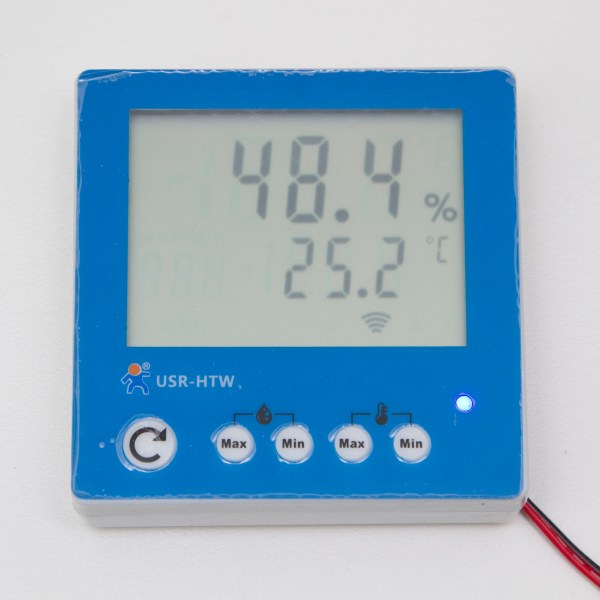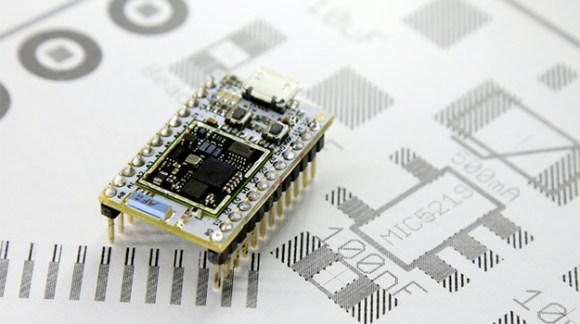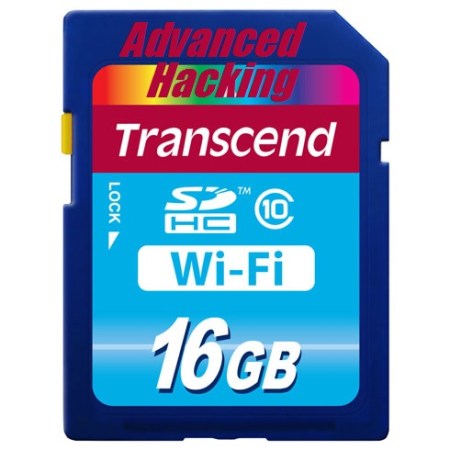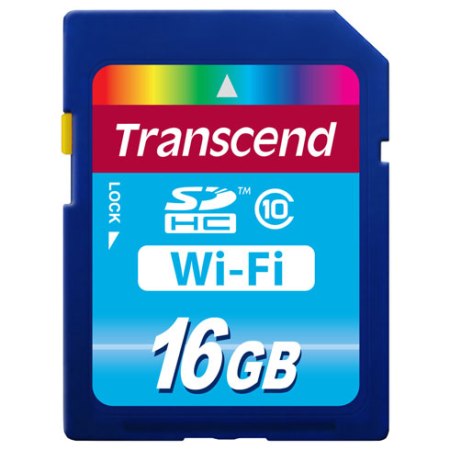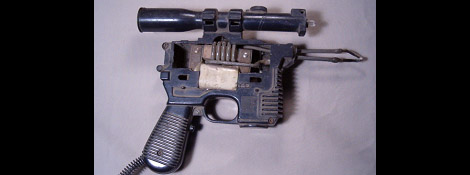There’s a new piece of electronics from China on the market now: the USR-HTW Wireless Temperature and Humidity Sensor. The device connects over Wi-Fi and serves up a webpage where the user can view various climate statistics. [Tristan] obtained one of these devices and cracked open the data stream, revealing that this sensor is easily manipulated to do his bidding.
Once the device is connected, it sends an 11-byte data stream a few times a minute on port 8899 which can be easily intercepted. [Tristan] likes the device due to the relative ease at which he could decode information, and his project log is very detailed about how he went about doing this. He notes that the antenna could easily be replaced as well, just in case the device needs increased range.
There are many great reasons a device like this would be useful, such as using it as a remote sensor (or in an array of sensors) for a homemade thermostat, or a greenhouse, or in any number of other applications. The sky’s the limit!

